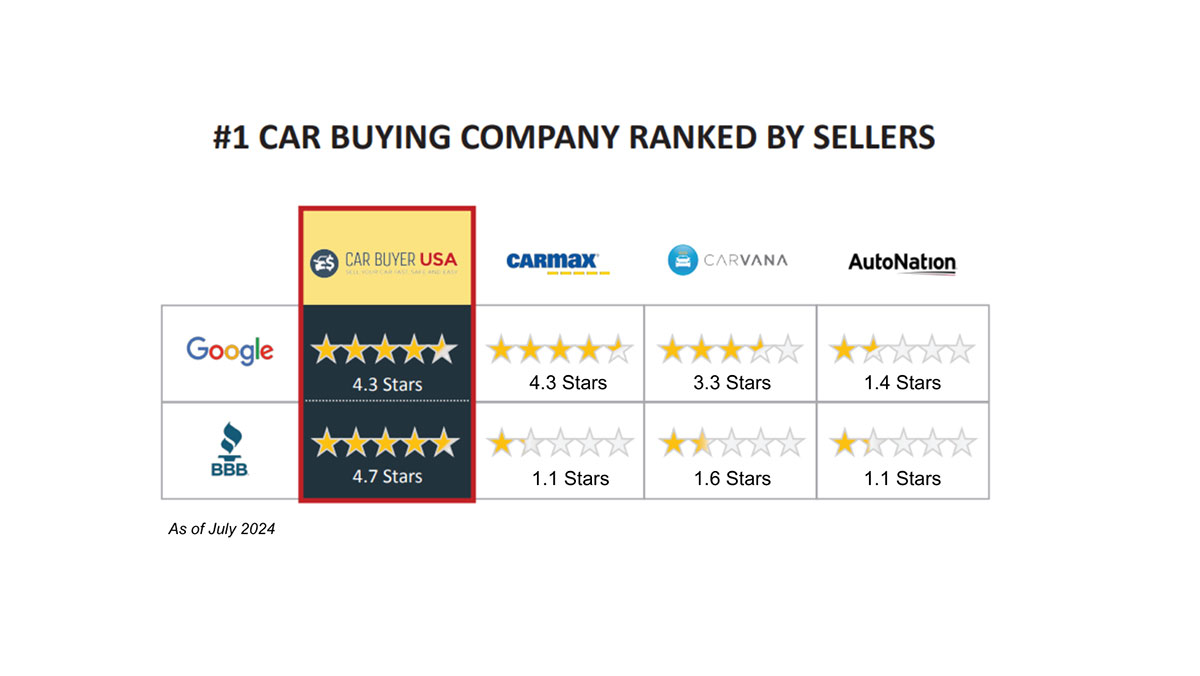
We just reported on the monthly recalls, but this one we couldn’t pass reporting on! This is why it is imperative to handle those manufacturer recalls ASAP!
Ford Motor Company has issued a significant "do not drive" advisory for over 765,000 vehicles, including popular models like the Ford Mustang and Ranger. The advisory stems from unresolved Takata airbag recalls, which involve defective inflators that can explode, releasing dangerous metal fragments that could cause serious injury or death. These defective airbags have been linked to at least 37 deaths globally, sparking one of the largest and most complex automotive recalls in history.
The vehicles affected by this advisory are primarily older models, with some dating back nearly two decades. Specifically, the advisory includes the 2004-2006 Ford Ranger trucks, 2005-2014 Ford Mustangs, and a range of other models like the Ford GT (2005-2006), Ford Fusion (2006-2012), Mercury Milan, Lincoln MKZ/Zephyr, Ford Edge (2007-2010), and Lincoln MKX (2007-2010). Ford is emphasizing the urgency of this recall due to the increased likelihood of the airbag inflator failing as the vehicles age.
Ford's proactive communication efforts to reach affected vehicle owners have been extensive. Since the initial recall announcements in 2015, the company has made over 121 million outreach attempts, including letters, emails, phone calls, text messages, and even door-to-door canvassing. Despite these efforts, a significant number of vehicles remain unrepaired, prompting this latest advisory.
Owners of the affected vehicles are strongly urged to take immediate action. Ford is offering several options to facilitate the repair process. Customers can schedule a mobile service appointment, where a technician will come to their location to replace the airbag, or they can have their vehicle towed to a dealership at no cost. Additionally, Ford is providing free loaner vehicles for those who need transportation while their car is being repaired.
The company has parts readily available for the necessary repairs and is committed to ensuring customer safety. Ford continues to remind owners of the importance of addressing these recalls and encourages them to check their vehicle's status through Ford's official website or the National Highway Traffic Safety Administration (NHTSA) recall site.
In a broader context, this advisory highlights the ongoing challenges automakers face in managing large- scale recalls, especially as vehicles age and become more susceptible to component failures. Ford's aggressive approach to this issue underscores the critical importance of addressing potential safety hazards promptly to prevent further tragedies.


